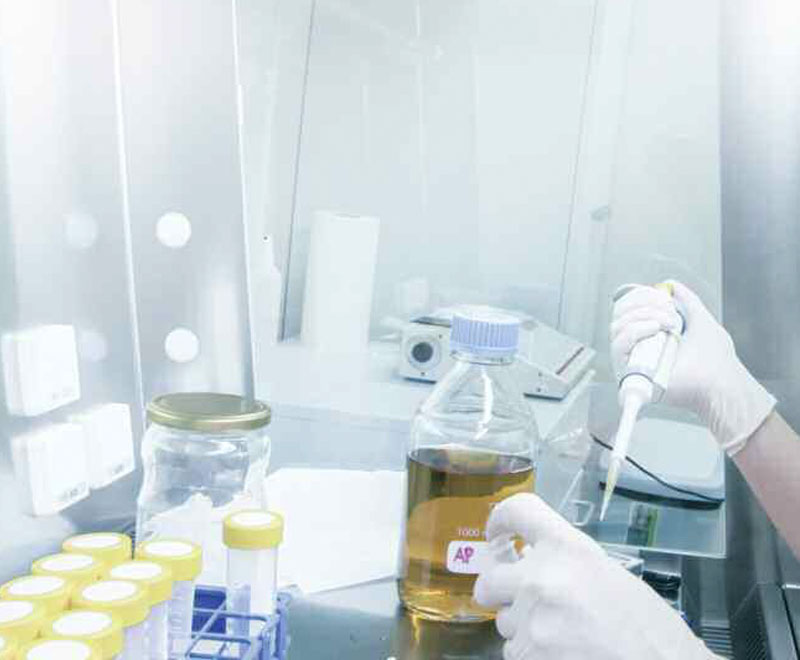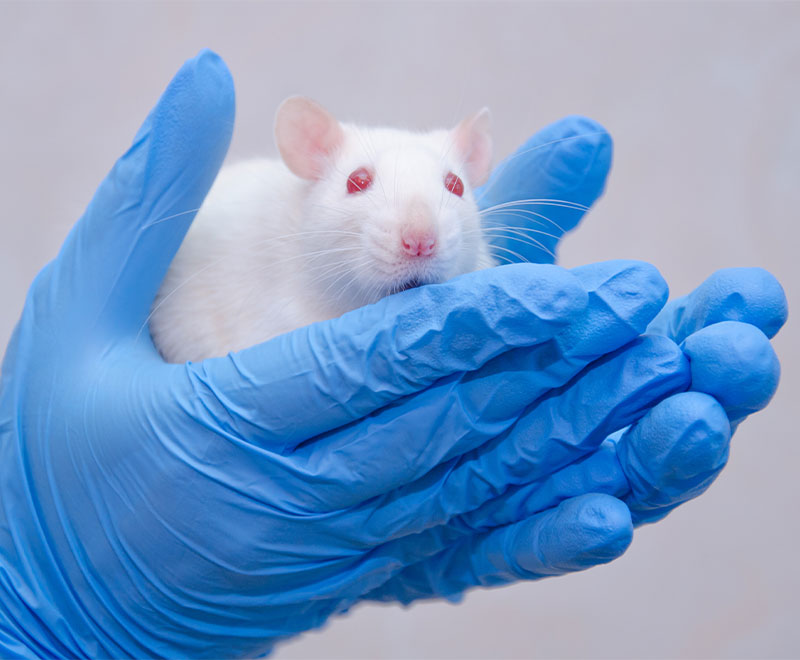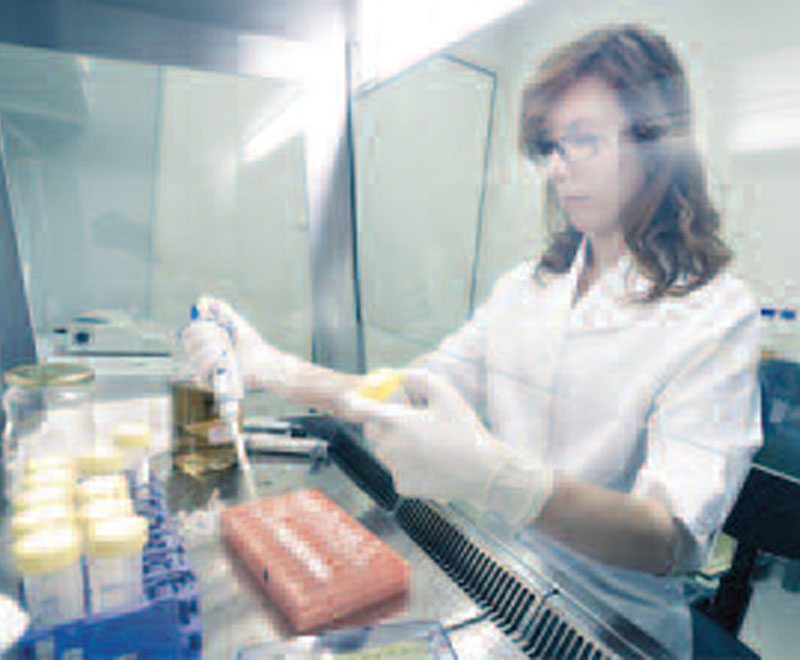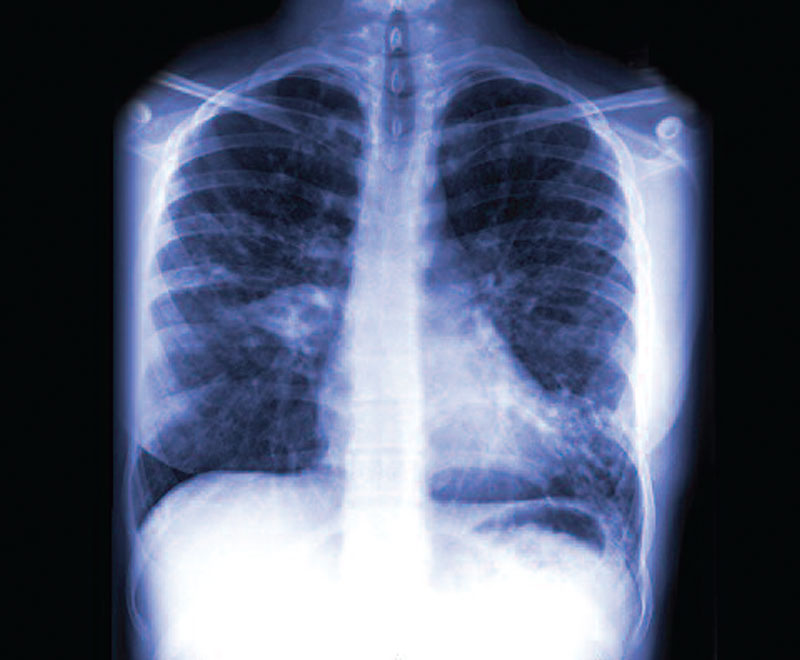Gene Therapy Results in Sustained Factor VIII Expression and Reduced Bleeding Episodes in Dogs with Severe Hemophilia A

Two young adult male dogs with severe hemophilia A treated with liver-targeted gene therapy experienced significant improvement in disease phenotype over follow-up periods of 31 months and 24 months, according to investigators at The Children’s Hospital of Philadelphia and the University of Pennsylvania.
Influenza Vaccine: A Universal Game Changer?

The efficacy of influenza (flu) vaccines has been greatly improved over the past several decades, but the flu virus still severely sickens hundreds of thousands of individuals each year. Is it possible that scientists have discovered a way to change that?
Genome Sequencing Uncovers New Autoimmune Syndrome

Using technology that allows scientists to read the script of a person’s DNA, scientists have found a new autoimmune disease syndrome that combines severe lung disease and arthritis.
Key Genetic Factor Behind Autoimmune Diseases and Cancer Is Identified

Scientists at Yale have uncovered a molecular mechanism that causes variants in a specific immune response gene known as MIF (macrophage migration inhibitory factor).
Potential Tobacco-Based Vaccine Could Rival Egg-Based Vaccines

A new tobacco-based seasonal influenza vaccine being developed by Mitsubishi Tanabe Pharma and currently in Phase III studies could potentially rival traditional chicken egg-based vaccines.
Scientists Find a Potential Cure for Cancer

Scientists from Harvard, MIT and University College London have made a discovery about the genetics of cancer tumors that could offer a new way to deliver customized immunotherapy drugs to kill all types of cancer, including the most complex such as melanoma and lung cancer.
Meta-Analysis Reveals No Evidence that IVIG Administration Increases Risk of Thromboembolic Events
Analysis of 31 randomized controlled trials (RCTs) published between 1995 and 2015 found no evidence of increased thromboembolic event (TEE) risk among patients treated with intravenous immune globulin (IVIG) compared to control patients, according to a report by a team of investigators that included epidemiologists at the U.S. Food and Drug
Administration.
Single IVIG Infusion Associated with Improved Recovery and Histopathological Profile in Rat Model of Ischemic Stroke

Turkish investigators conducted an exploratory study of IVIG usage in the experimentally induced middle cerebral artery occlusion rat stroke model.
ProMetic Completes First Dosing in Plasminogen Deficiency Patients

In its Phase I clinical trial, ProMetic Life Sciences successfully completed its first round of IV plasminogen dosing in plasminogen deficiency patients.
Inhaled Alpha-1 Proteinase Inhibitor Safe, Well-Tolerated and Effective in Raising Sputum Levels in Patients with Cystic Fibrosis

Inhalation of aerosolized alpha-1 proteinase inhibitor (A1PI) permits delivery of drug to the site of active airway disease while limiting systemic exposure, and has been shown to reduce neutrophil elastase burden and inflammation in respiratory secretions of alpha-1 antitrypsin-deficient patients.